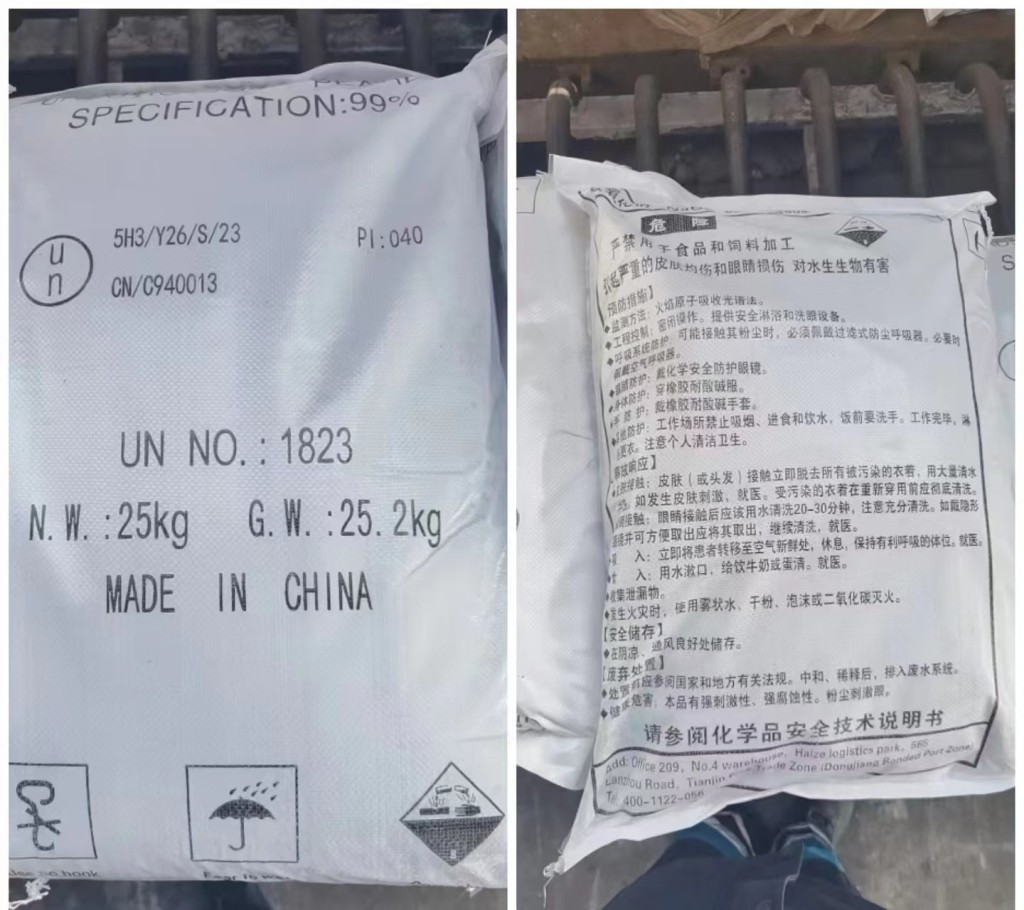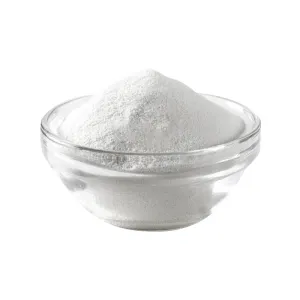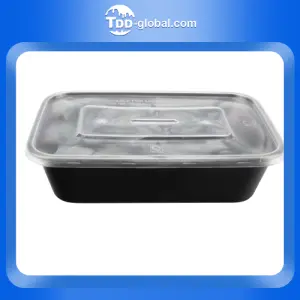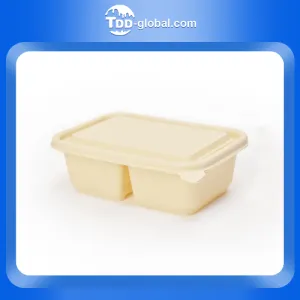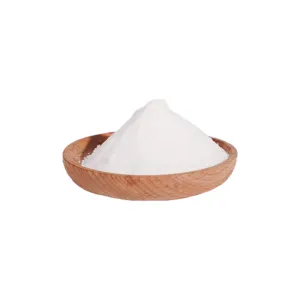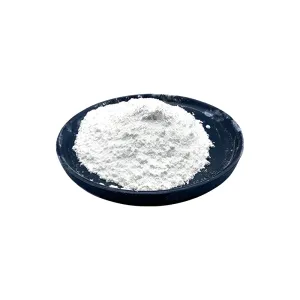Solvay acquires Rhodia in specialty chemicals move
PARIS: Solvay, the Belgian soda ash maker which sold a drugs unit a year ago, agreed to buy Rhodia of France for euro 3.4 billion ($4.8 billion) in cash to add specialty chemicals spanning ingredients for moisturisers and car-part polymers.
Shareholders of the Parisbased company will receive €31.6 a share, 50% more than Rhodia’s closing price on April 1, Solvay said in a statement on Monday. Including debt, the deal has an enterprise value of €6.6 billion. Solvay moved on Rhodia after being outbid by DuPont for food-ingredient maker Danisco A/S this year.
Want a Loan? Get cash against your Mutual Funds in 4 hours
CEO Christian Jourquin seeks to persify Solvay away from the commoditised markets of caustic soda, soda ash and PVC. The addition of Rhodia will create a company with €12 billion in revenue, 40% generated in emerging markets. “This is probably the only correct thing they could have done as in the European space this is one of the few targets that is worthwhile at a nice multiple,” said Jan Hein de Vroe, an analyst at ING Group in Amsterdam.
“Together they have nice emerging markets exposure and a more balanced portfolio.” Solvay is paying 7.3 times recurring earnings before interest, taxes, depreciation and amortization. That’s in line with the average multiple for specialty chemical acquisitions.
The family-owned Belgian company, expects to close the Rhodia purchase by late August and brings Rhodia’s leader-ship positions in rare earths used in auto catalysts and high-performance silica for car tires, as well as the French company’s products for consumer markets such as surfactants , and engineering plastics based on polyamide.
Industry leaders such as BASF that paid $3.8 billion for cosmetics ingredient-maker Cognis are persifying into specialty chemicals that are more resilient to economic swings than plastics such as styrene, used in television sets.
Warren Buffett’s Berkshire Hathaway is buying additive maker Lubrizol for about $9 billion in another sign that mergers are gathering pace in the chemicals industry. Rhodia CEO Jean-Pierre Clamadieu, who became Rhodia’s CEO in 2003, cut jobs, closed plants and sold businesses to reduce costs to avoid bankruptcy following years of losses in the first part of the last decade.
Jourquin said in an interview with Bloomberg’s Mark Barton that he made a thorough search for targets before opting to buy Rhodia as both companies have a similar culture, making the job of integrating businesses easier. Jourquin outlined cost savings of EURO 250 million, mostly “external synergies,” such as the reduction of purchases costs, within three years. He also sees reduction in internal costs over time, though job-cuts are a small part of the total. The company will almost double its workforce to about 30,800.
Recommended Suppliers
 June 3, 2024
June 3, 2024  June 3, 2024
June 3, 2024  June 17, 2024
June 17, 2024  June 18, 2024
June 18, 2024  June 18, 2024
June 18, 2024 

